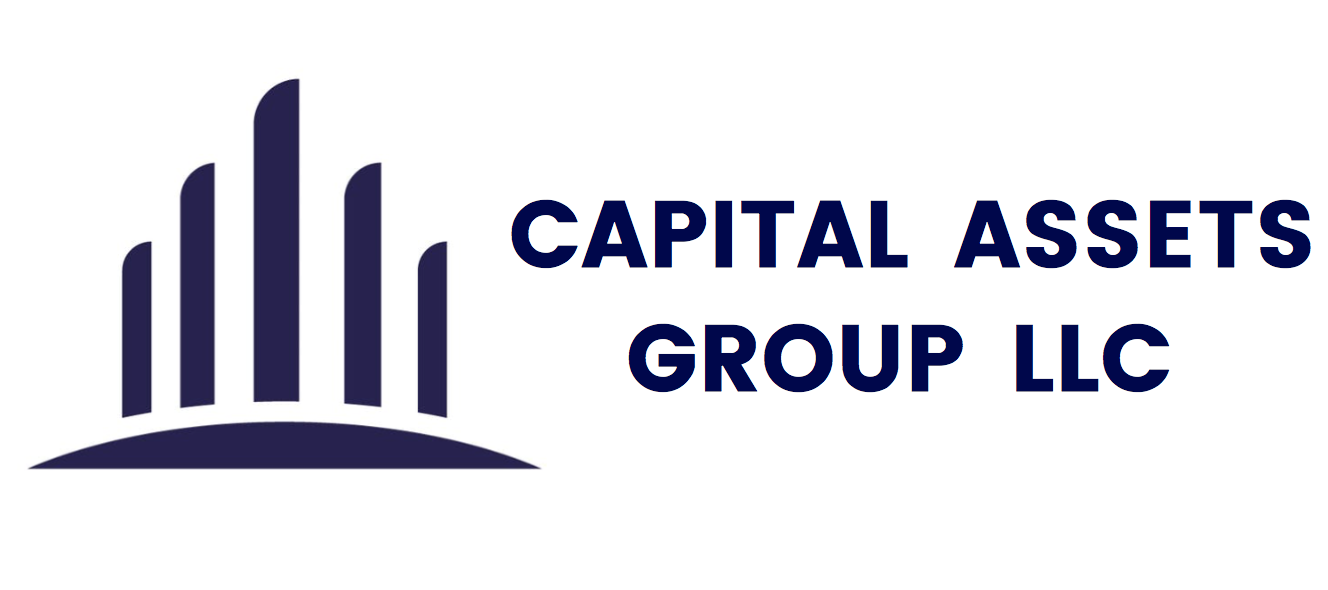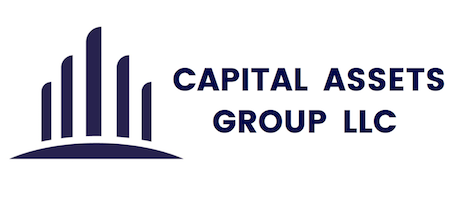Protect Your Mortgage Note
You have a lot more to worry about than just a buyer stopping payments on your note.
Of course, most note holders focus a lot on receiving payments because it is seemingly the most important part of seller financing.
Unfortunately many sellers fail to protect their asset when it comes to another area…verifying current property insurance and taxes.
what to consider
Most people do not realize a lapse in insurance can be devastating to both the buyer and the seller. If the property burns down and is not insured, the seller will likely not see anymore payments from the buyer.
If a buyer fails to pay the real estate taxes for long enough the county can actually foreclose on the property. In most states, the lien for county taxes even takes priority over mortgage note holders, leaving an unsuspecting seller high and dry.
Verify the insurance and taxes are current
For insurance, require a copy of the declaration page showing the buyer as the insured owner and the seller as the insured mortgagee. Next call the insurance company yourself to verify the policy is current and the annual premium has been paid. As the mortgagee listed on the policy you should receive notice of cancellation but it is safer to verify on or before the date premiums are due from the buyer.
To verify taxes are current simply check the county records. To do this you use the property address or tax parcel identification number. This can be done with a phone call, a visit to the county tax assessor, or online.
Most documents require the buyer to keep taxes and insurance current and failure to do so qualifies as default under the note. Sellers can demand the default is immediately cured or start foreclosure. This is why it is so important to ensure your terms are clearly defined.
Sellers as lien holders may also elect to pay the delinquent amount to protect their interest and add back to the amount due, depending on the terms of the actual note, mortgage, deed of trust, or contract.
Some sellers prefer to avoid the headache by setting up reserves through a third party servicing agent. This way the buyer pays an amount equal to 1/12th the annual amount for taxes and insurance establishing an escrow reserve account from which the bills can be paid.
A note buyer will also verify the taxes and insurance are current should the note holder ever decide to sell the mortgage note, trust deed, or contract.
No matter what method you choose, it is incredibly important to protect your property until it is paid in full. Paying close attention to insurance and property taxes, in addition to monthly payments will help you do just that.
Use Professionals
It should come as no surprise legal documents are an important part of safe seller financing. These documents put the agreement in writing and make sure the terms can be enforced. In this case it is very important to seek the help of an attorney or title company familiar with local laws and the HUD Safe Act.
These experts take care of the closing and prepare the documents. They will likely suggest a Promissory Note for the obligation to pay with a Mortgage or Trust Deed recorded in the county records. In some states a Contract for Deed or Real Estate Contract can be an alternative option. The HUD-1 Settlement Statement itemizes the sales price and payment of closing expenses.
Have a Plan for Payment Collections
Collecting the monthly payments, tracking the balance, and calculating how much goes to principal and interest is often referred to as servicing the note. A third party company or servicing agent can handle this process, automatically deposit payments, and provide the annual IRS Form 1098 mortgage interest reporting.
While it’s a whole lot easier to use a third party some sellers elect to collect payments on their own. This involves setting up an amortization ledger, taking a copy of the check or money order each month, and keeping the bank confirmation of deposit. To create a verifiable payment history it is best to avoid accepting payments in cash or cashing checks without first depositing.
Keep Good Data
Making sure the buyer keeps taxes and insurance current is right up there with collecting timely payments. A check with the county where the property is located will verify if taxes have been paid current on their due date.
When the property includes a home or other buildings the documents should require insurance to protect against fire, hazard, or flood (if in a flood zone). The buyer can provide a copy of the insurance declaration page, showing the seller as a loss payee. A call to the insurance company when premiums are due will verify the coverage is being kept current.
Safe Seller Financing
Staying safe and protected during any real estate transaction is important for your financial health. by following the tips we described, not only will you be more safe, but you will increase the value of your note.
We work with investors that buy real estate notes. If you would like a free no cost analysis of your note please feel free to contact our office.

